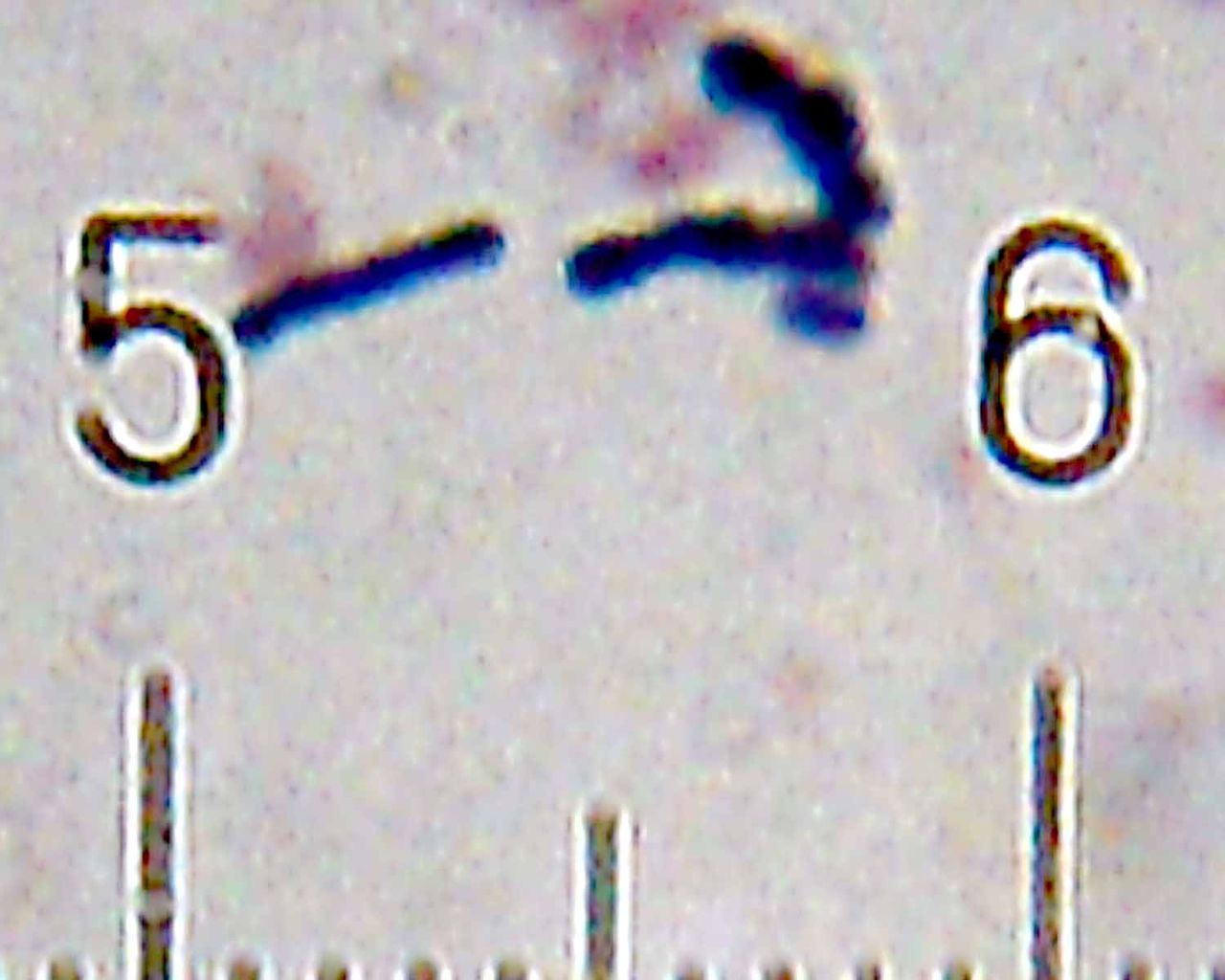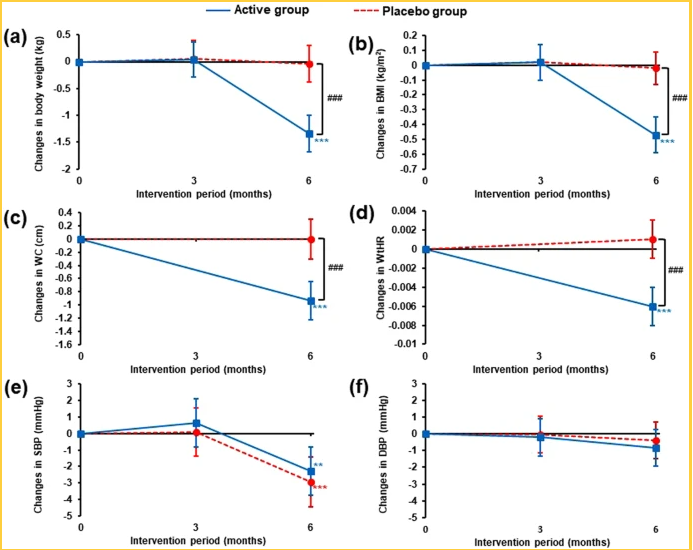Semaglutide is cool, but no one wants to talk about b. animalis ssp. lactis?
post by CraigMichael · 2021-02-15T09:50:30.979Z · LW · GW · 6 commentsContents
6 comments
[Epistemic status: I am not a doctor and this is not medical advice, but there are two RCTs supporting this. Also I talk about poop.]
Like many others, I've been excitedly reading about semaglutide over the last few days. For someone like Stephan Guyenet, author or The Hungry Brain, it seems like a vindication of the weight regulation model via the brain and signaling hormones (what he calls the lipostat) and he seems excited about it.
But let me tell you a quick story. I got a stomach bug, probably something like traveler's diarrhea, a few months ago. I tried several things to help fix it, and at one point was at Whole Foods starring down the wall of probiotics.
I Googled "probiotics by level of evidence" and one of the first page results was the Clinical Guide to Probiotic Products Available in USA. No one else was in the aisle, so I took some time to skim it. It has a table of probiotic supplements showing the level of evidence for each (the familiar Level I, Level II and Level III) related to what they're intended to treat and the strains of probiotics in the supplement.
That whole list was surprising and worth reading in terms of evidence for probiotics to support mood and affect, lower LDL-C, etc. But looking specifically at weight management, all of the probiotics for it contain some form of B. animalis ssp. lactis in the dose around 10 billion per capsule per day or higher. There's two Level I (RCT-level studies) showing it's effectiveness for that purpose. It's also in Activia yoghurt but the dose is much smaller.

I was and remain skeptical, but nothing sets off my evidence evaluation alarm bells. The first of the two, a 2016 study, was published in EBioMedicine and is in the 89th percentile in General Biochemistry, Genetics and Molecular Biology. The second is from 2020 and is in Scientific Reports which is in the 93rd percentile under the category Multidisciplinary. Neither of them are on Beall's List. The results aren't as spectacular as semaglutide where people saw a 17.4% reduction in weight over 68 weeks. But they are pretty good. In the 2016 study here was a 4.5% reduction over 6 months (in the best case where it was given with additional dietary fiber).
From the 2020 study.

In the 2020 study, this amounts to a 1.5% weight reduction in 6 months. Neither of these are completely fair as the semaglutide trial was over 15 months.
There is perhaps an advantage to the probiotic approach in the sense of the precautionary principle. Semaglutide is new. B. animalis subsp. lactis is "the world’s most documented probiotic Bifidobacterium" and was found in dairy cultures. People have been eating Activia for a long time now without weird side-effects. So we have more of a history with it and reason to believe it's safer.
So... all of this has just left me wondering why it hasn't been as much of a part of the weight loss discussion? Maybe there's something I'm missing?
6 comments
Comments sorted by top scores.
comment by Slider · 2021-02-17T01:10:24.597Z · LW(p) · GW(p)
I have pet pevees against weird epistemic statuses. Is talking about poop supposed to be a content warning? I don't think it fits within scope of epistemic status.
Replies from: CraigMichael↑ comment by CraigMichael · 2021-02-17T19:19:01.453Z · LW(p) · GW(p)
You know, I thought about that when I was writing it. You're right, it should have been more of a content warning.
comment by basil.halperin (bhalperin) · 2021-02-16T02:34:51.015Z · LW(p) · GW(p)
Interesting thanks -- an ongoing RCT, ending in September this year, looks relevant.
comment by neotoky01 · 2021-02-15T20:50:25.191Z · LW(p) · GW(p)
The microbiome is one of the newest branch of science in human health. There are some phenomenal preliminary reports that much of our health is influenced by our microbiome, but it hasn't yet reached wide social recognition in the US. You're not missing anything; you're on the bleeding edge of medical science.
comment by AnthonyC · 2021-02-16T03:05:32.012Z · LW(p) · GW(p)
So... all of this has just left me wondering why it hasn't been as much of a part of the weight loss discussion?
I'm not sure what level of discussion I should expect to find this at? I haven't heard of this strain before myself, and it sounds like the studies are few and very recent, so any kind of larger discussion is going to emerge gradually over the next, say, 10-30 years.
That said, almost every discussion on weight loss I've ever come across is either a really weak study, or strong claims made with very little support or explanation or underlying model, or woo. At this point I just start from the assumption that any article on weight loss outside a journal paper (and sometimes not even then) was likely written by an author and for an audience whose knowledge is basically truncated by what was commonly believed (not by experts, by the general public) when the USDA published its Food Pyramid, plus a handful of random "facts" they've picked up over the years.